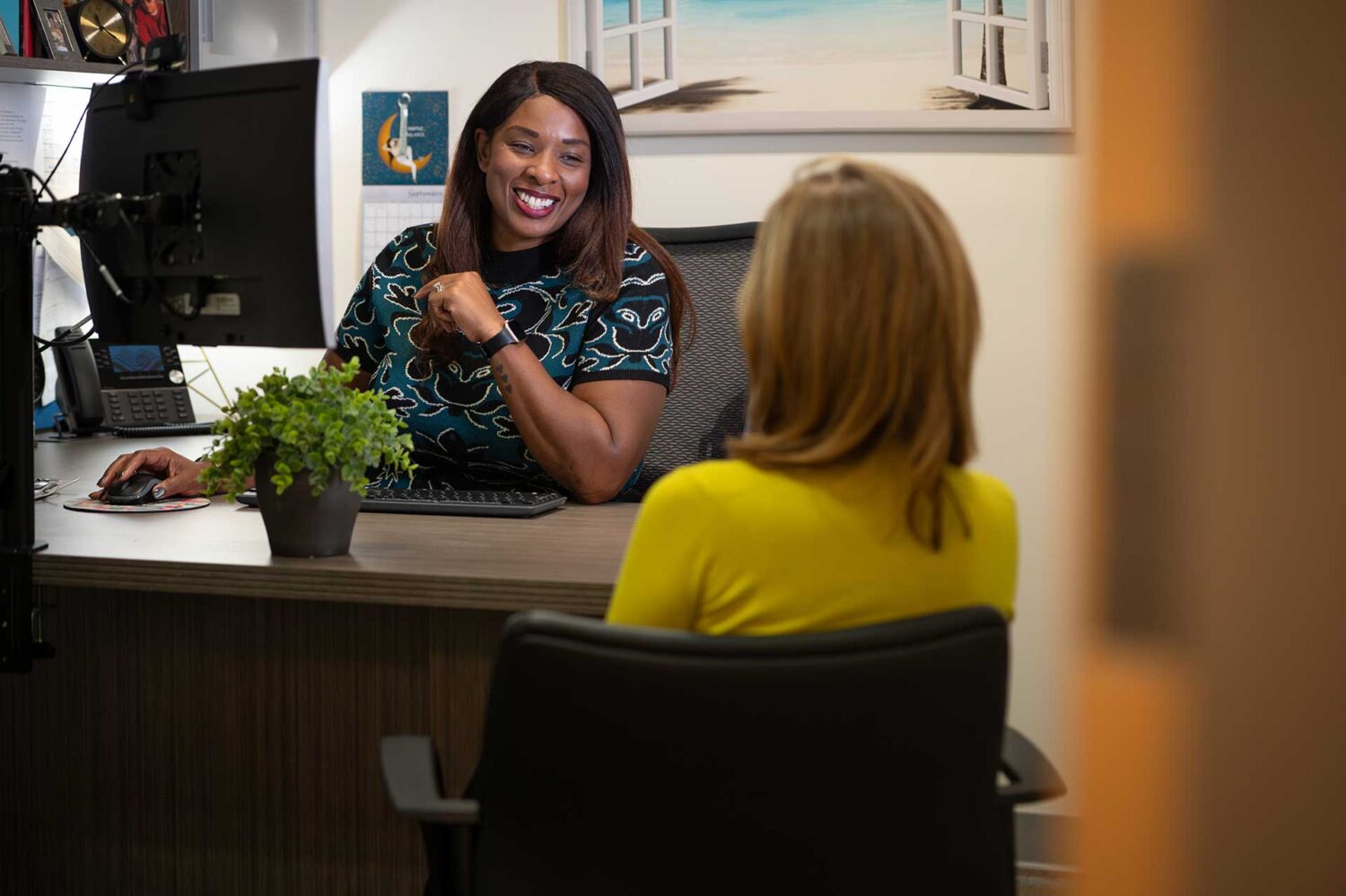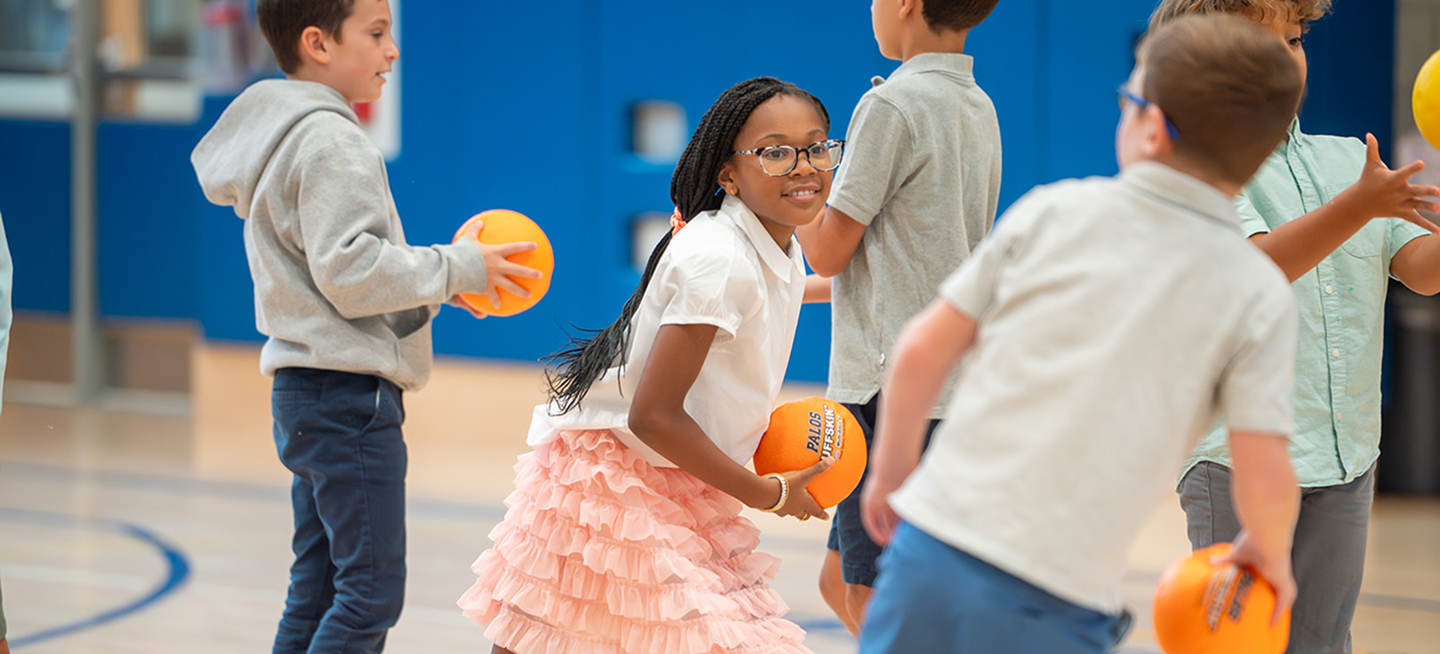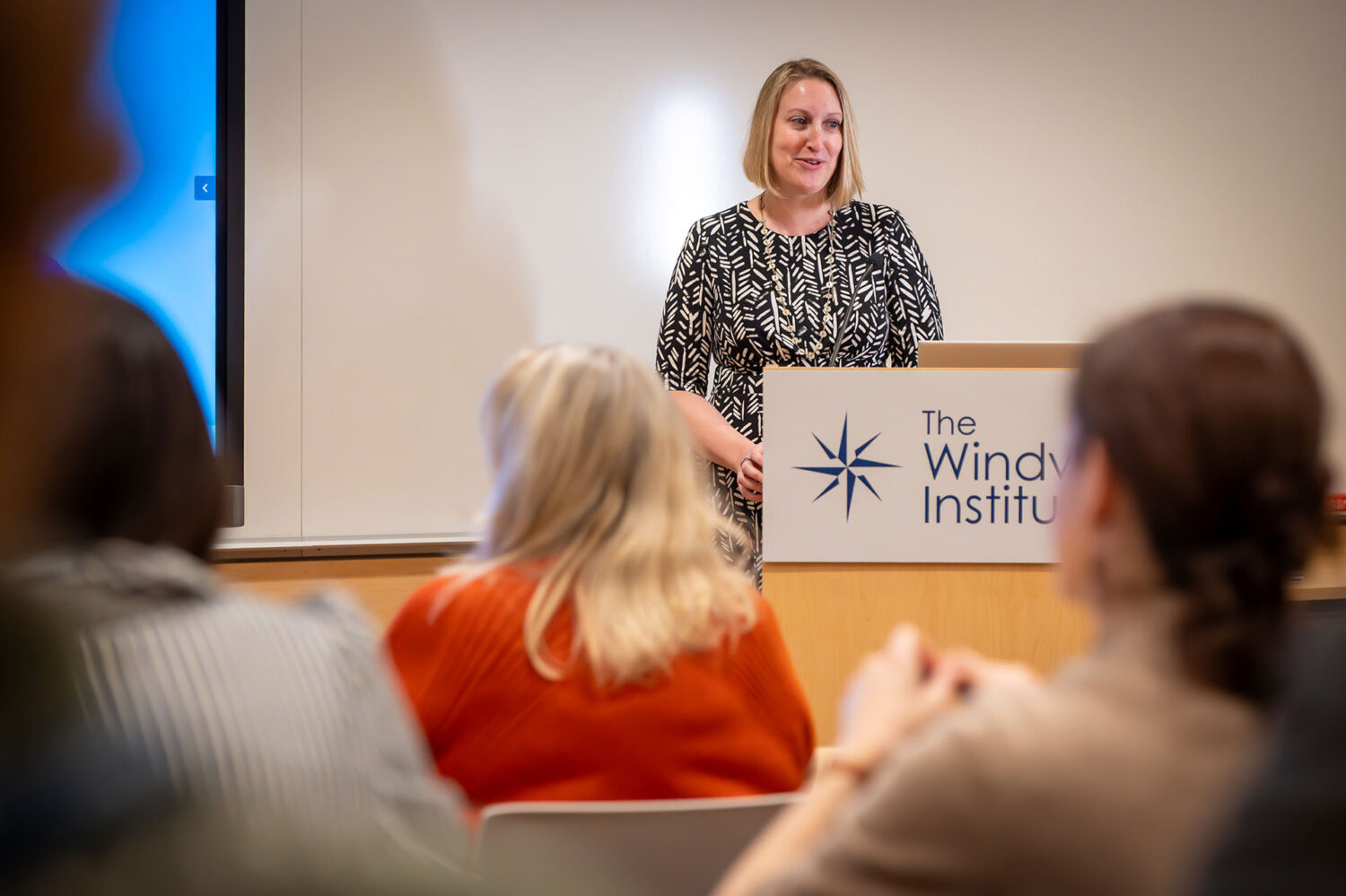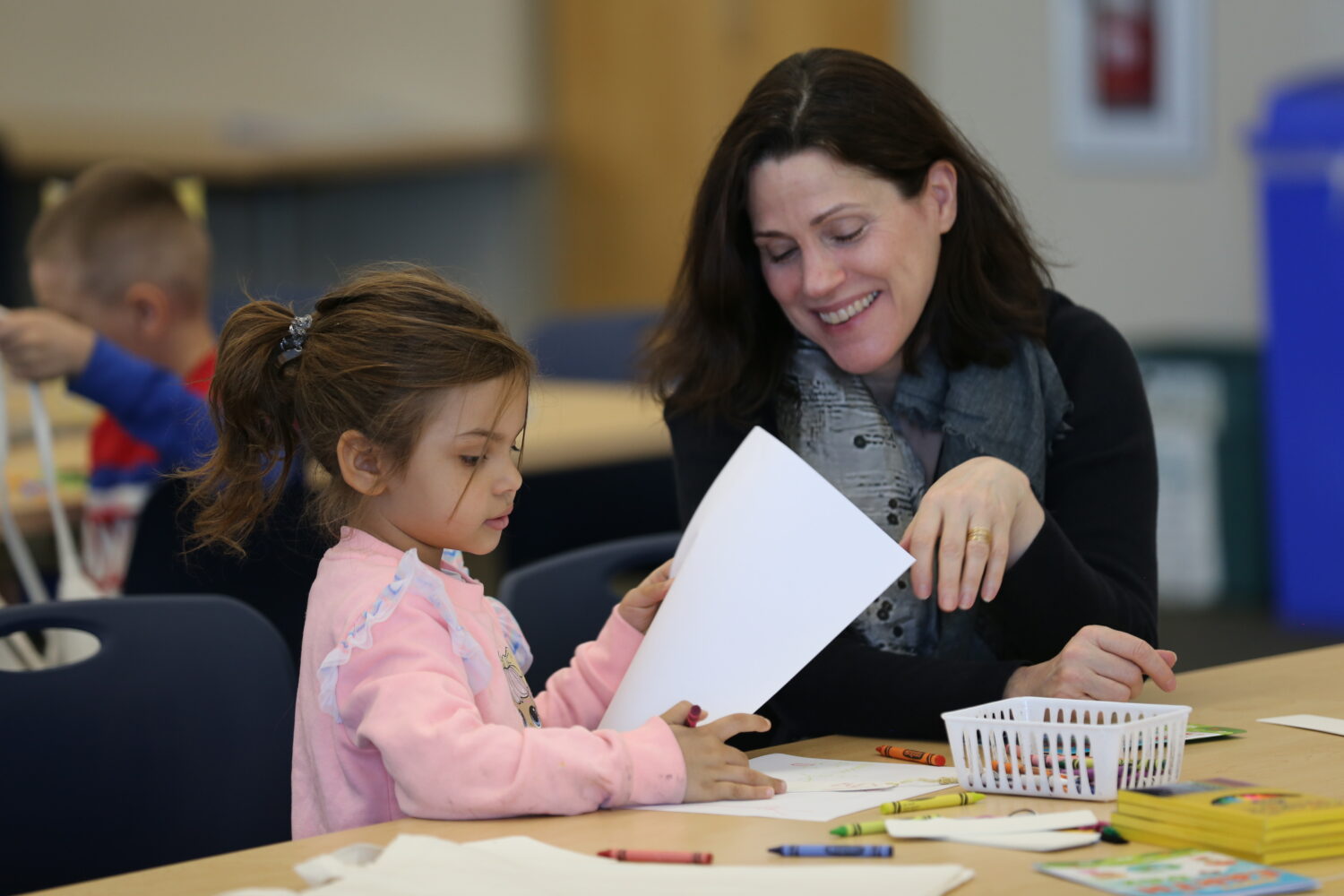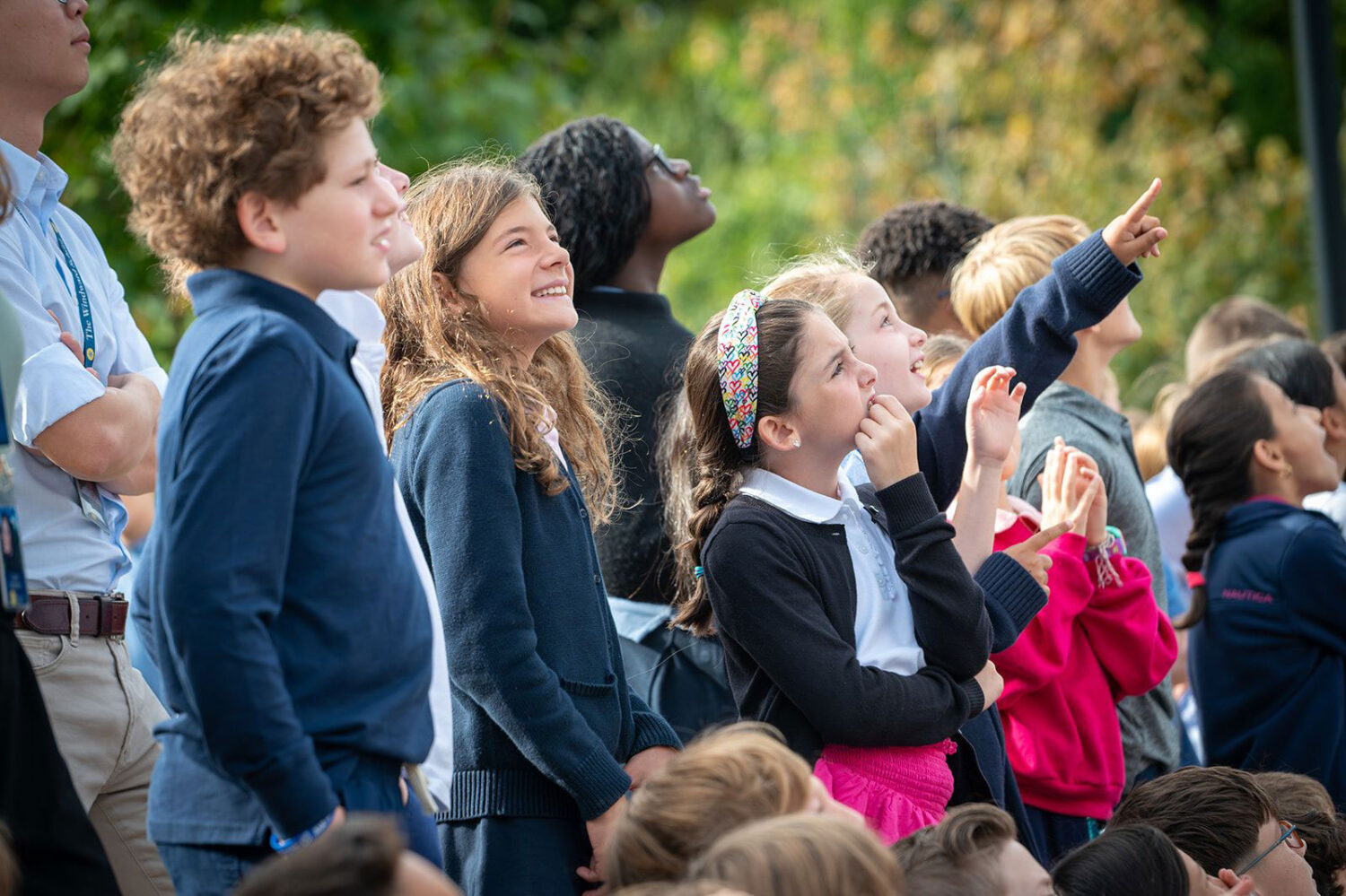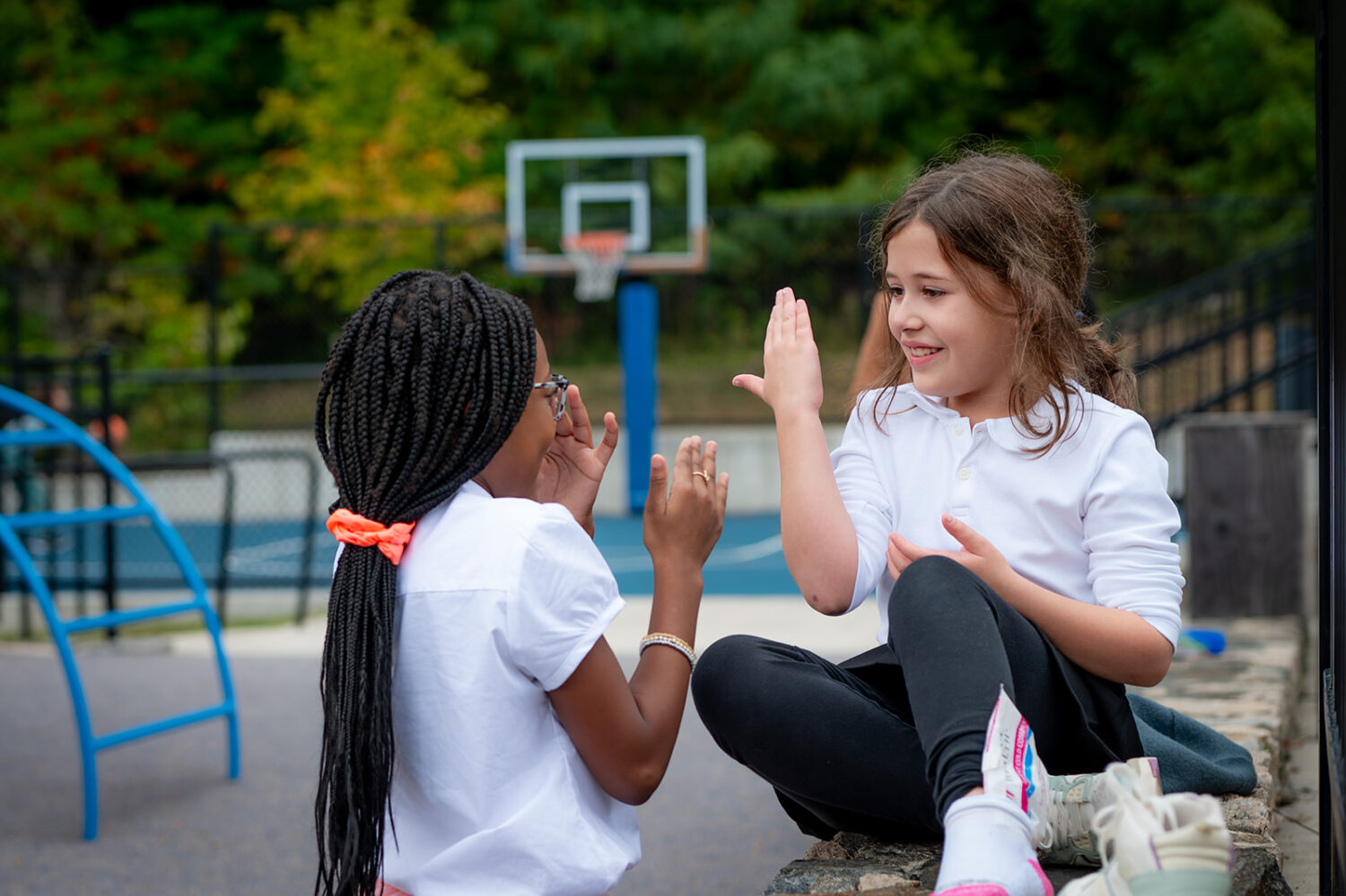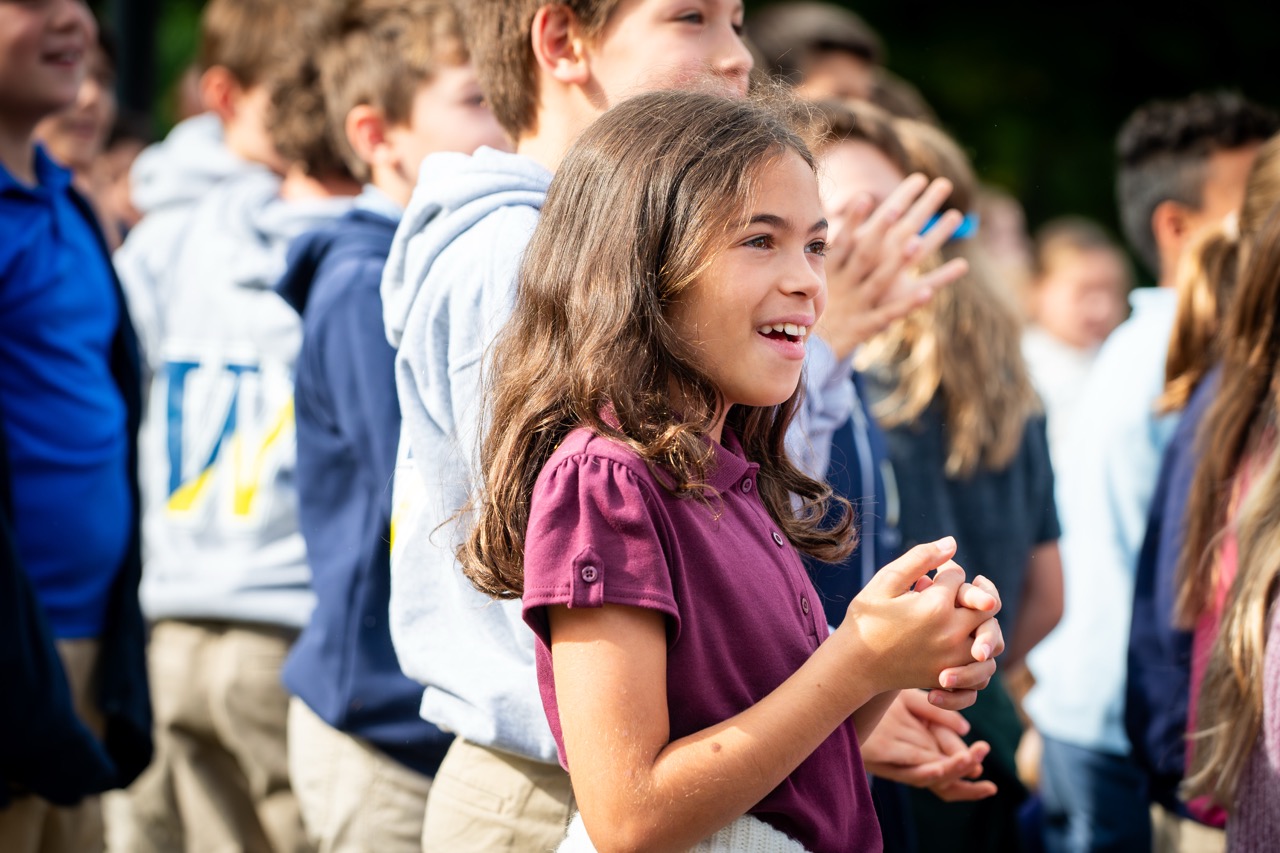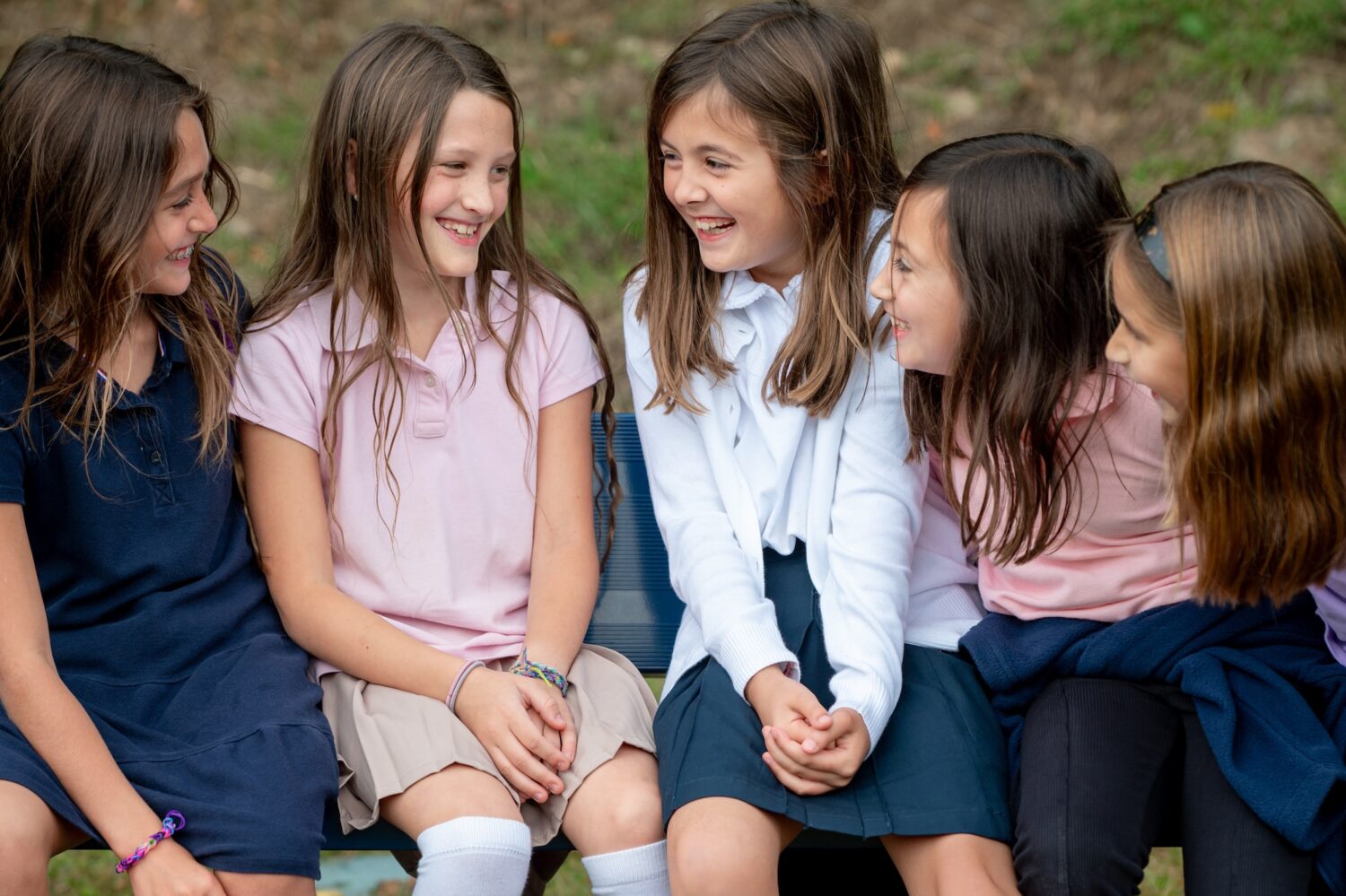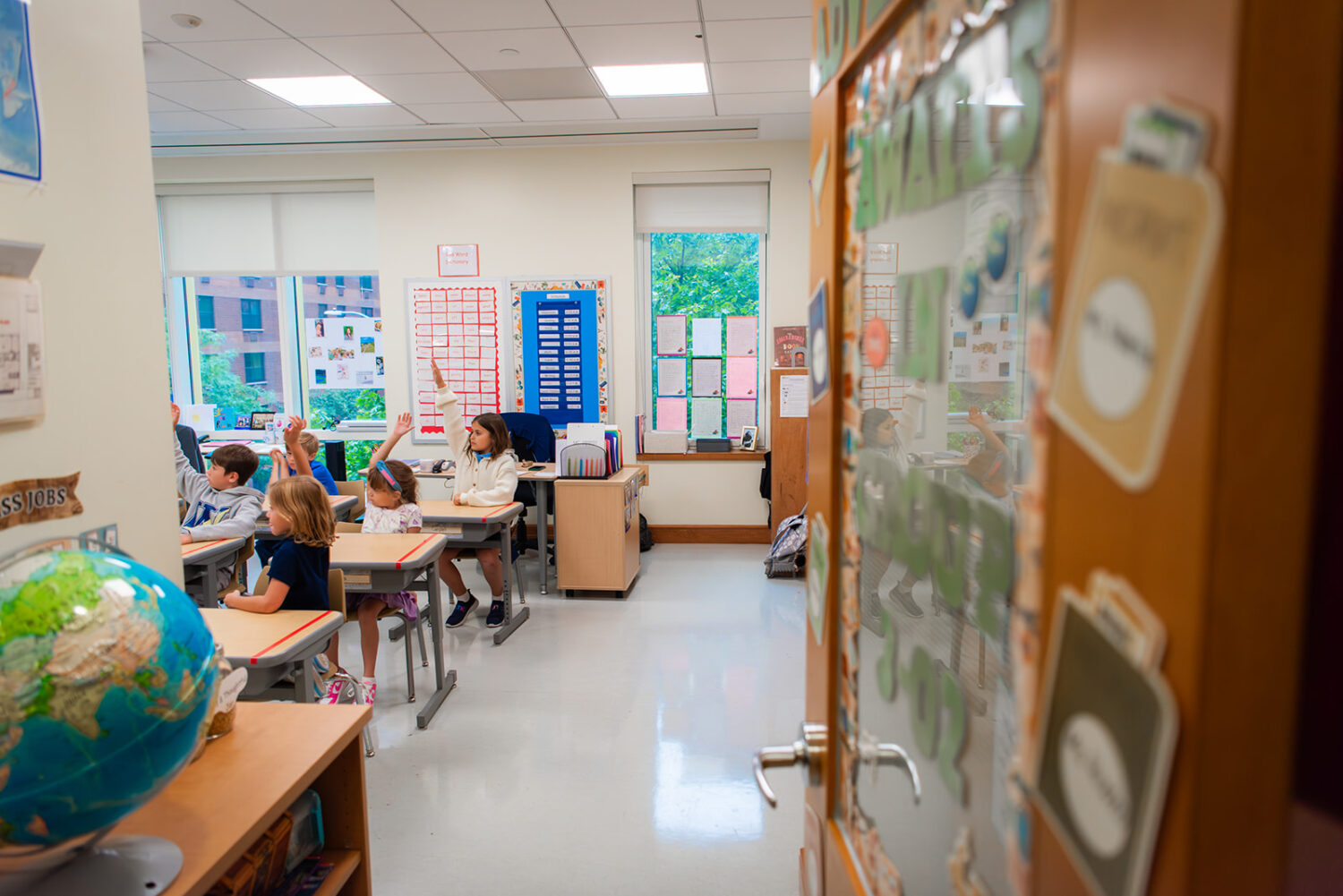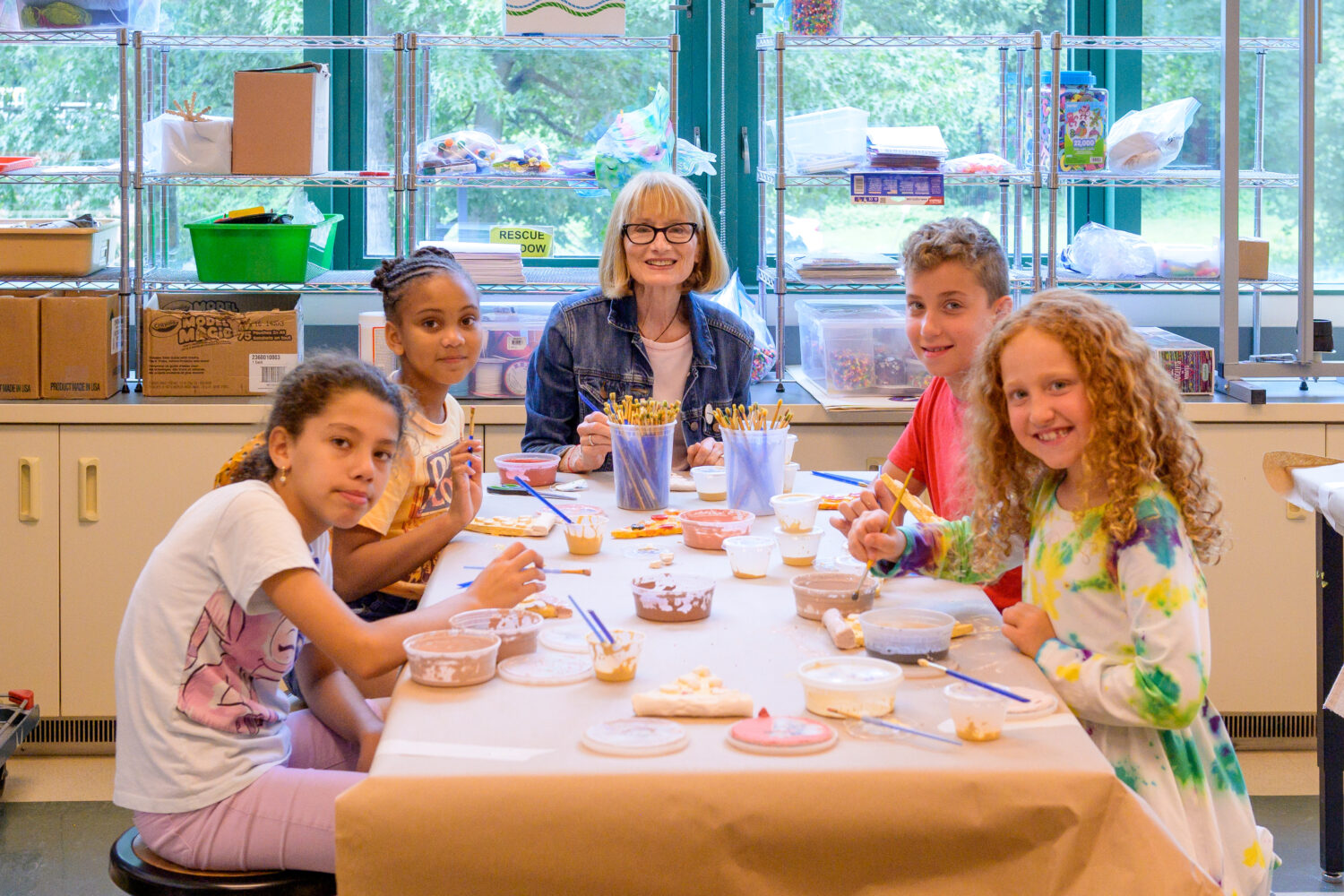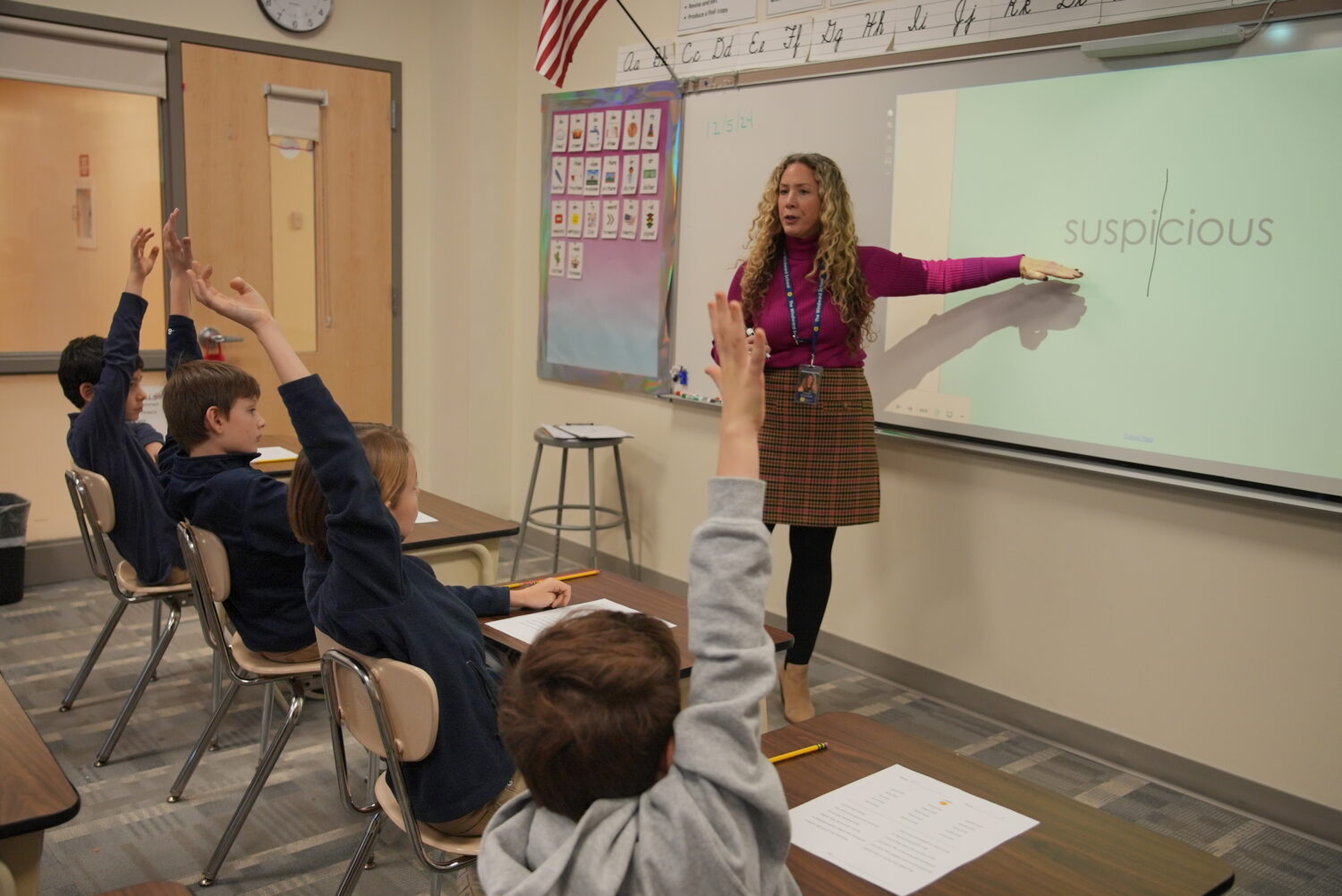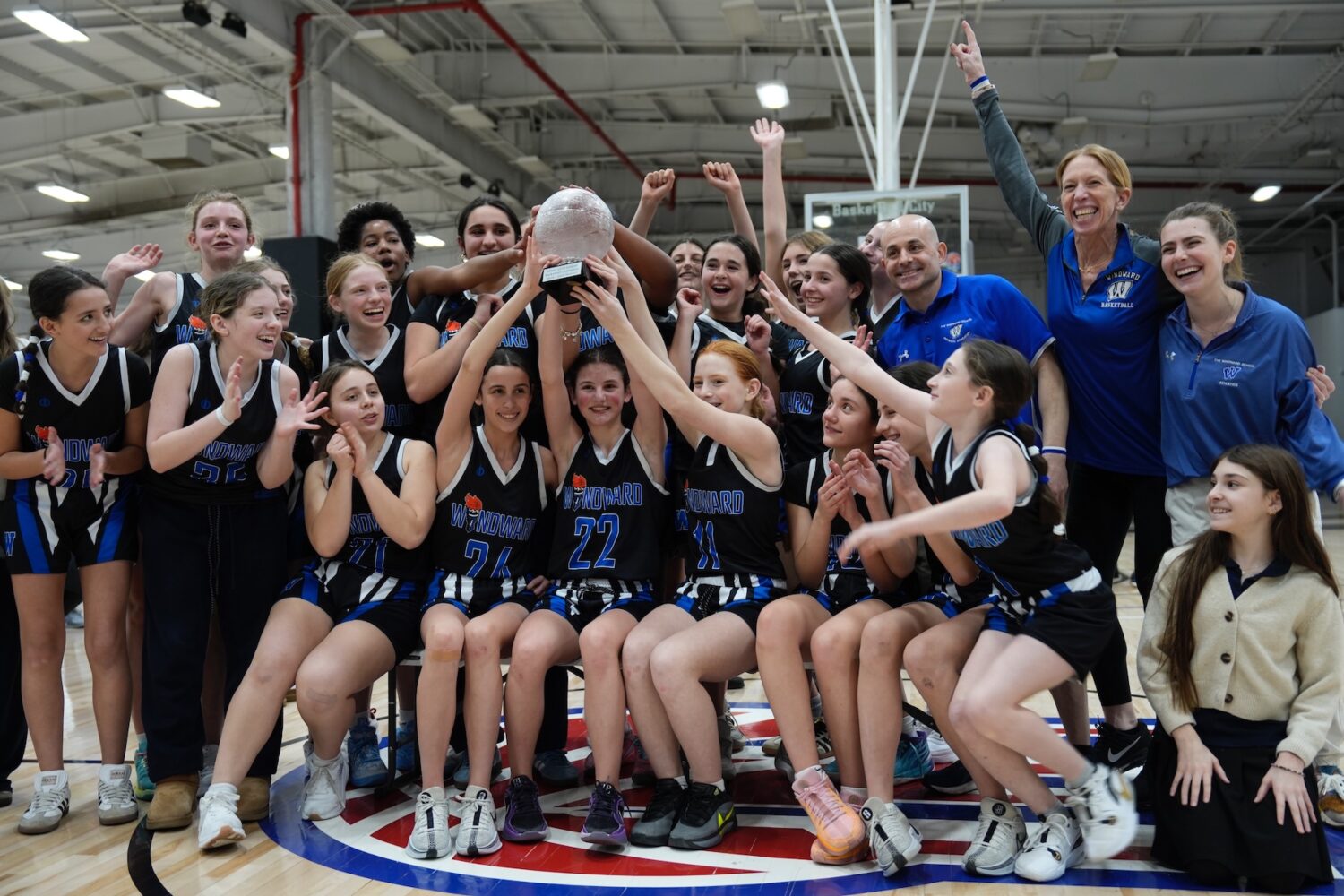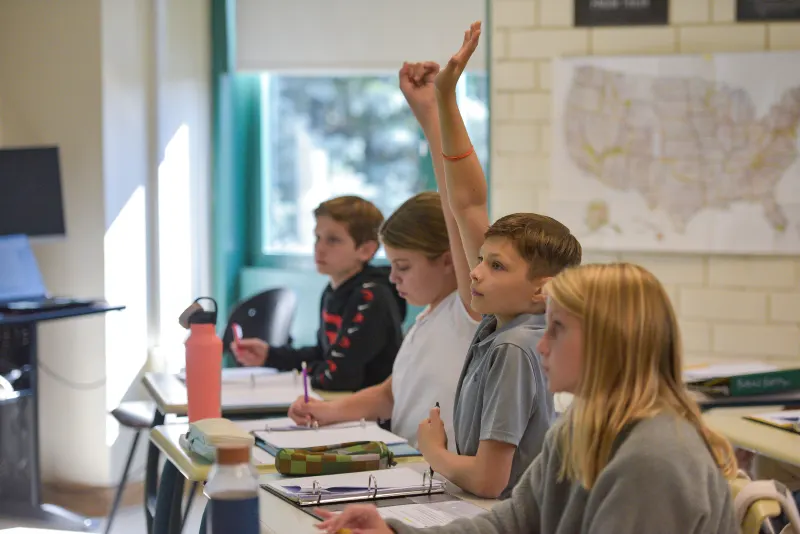
Cultivating a growth mindset
About Social Emotional Learning
Just as rich language instruction is embedded within all academic subjects, social and emotional learning (SEL) is woven into every message and interaction students have throughout the school day. The goal is to create a safe, supportive environment—both in classrooms and common spaces—for students with language-based learning disabilities.
Faculty and staff receive training to deliver clear instructions, support attentional challenges, and help students navigate the typical social dynamics of school life. A key component of the SEL program includes formal lessons: social skills instruction in the lower schools and guidance classes in the middle schools. However, Windward’s approach to SEL extends beyond these lessons, encompassing daily routines, school events, and ongoing initiatives, such as the schoolwide implementation of the RULER approach. Developed by the Yale Center for Emotional Intelligence, RULER is an evidence-based program that places a strong emphasis on developing emotional intelligence and social skills among students.
While the program continues to evolve, SEL at Windward remains a schoolwide commitment to nurturing responsible, confident, and emotionally resilient students.
Robust resources
Student Support
The student support team at Windward works collaboratively with and acts as a resource for faculty, students, and families. Consultation to teachers is provided to give faculty members the strategies necessary to help students develop social and emotional skills through repeated practice, modeling, and reinforcement. Also, by engaging in solution-based discussions with teachers and conducting classroom observations when necessary, the team provides recommendations about how to best support individual students in the classroom. At the middle school level, students receive individual, short-term, solution-based counseling on an as-needed basis, in addition to scheduled group support lessons.
– New student transition support
– Coordination with outside providers
– Introductory unit on learning disabilities and dyslexia for 4th graders
– Short-format lunch groups for students who would benefit from additional practice of social skills in a small setting
– Staff development and training based on research and professional practice
– Short-term, solution-based counseling and/or crisis intervention when necessary
– Banana Splits peer support groups
Grade 6: bullying and teasing prevention; conflict resolution skills; communication and social skills, diversity/tolerance, social media etiquette/cyber safety
– Grade 7: Bullying and teasing prevention; problem solving; stress management and mindfulness; social media etiquette and cyber safety; diversity and tolerance; healthy decision-making and drug, alcohol, and tobacco education
– Grade 8: GAINS (Getting Ahead In School) – A full-year course focused on self-advocacy skills as students prepare for outplacement. Includes units on stress reduction and mindfulness; drug & alcohol education; diversity and tolerance and high school transition.
– Grade 9: Students participate in a high school advisory period in order to discuss academic and social concerns appropriate to their developmental level. In addition, 9th grade students have an opportunity to participate in grade wide community service projects.
How We Help Students Thrive
Our Other Programs
The Windward Institute is dedicated to improving education and advancing literacy for all students by empowering educators and professionals with the knowledge and resources they need. The Institute extends Windward’s mission beyond the classroom to make a broader impact on the community.


